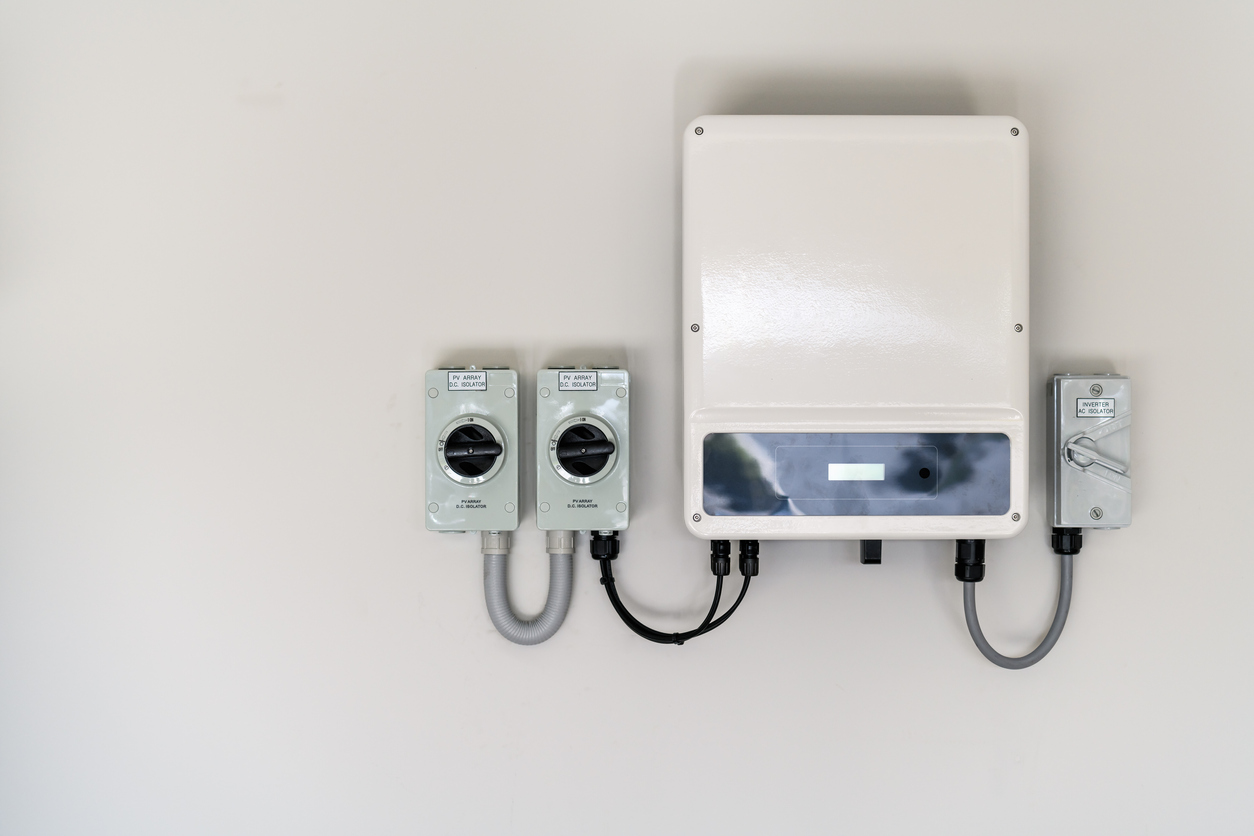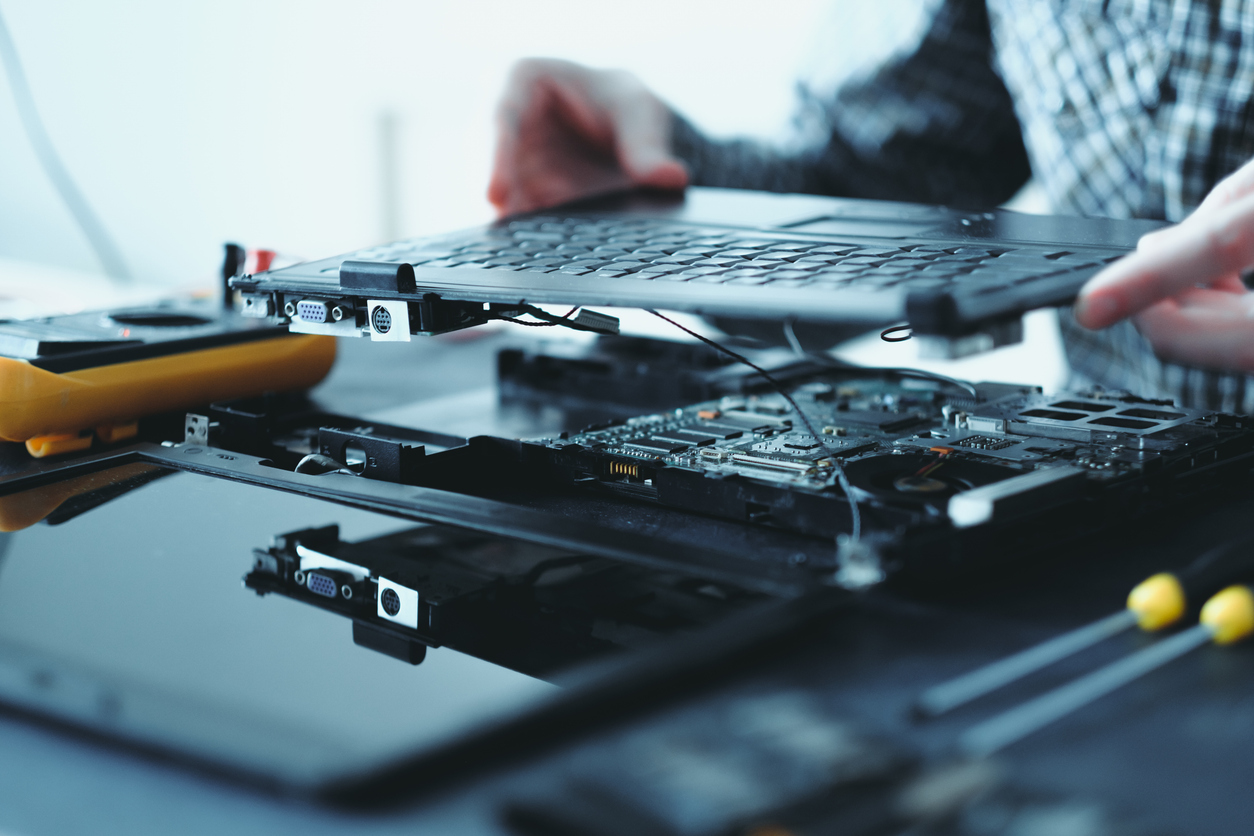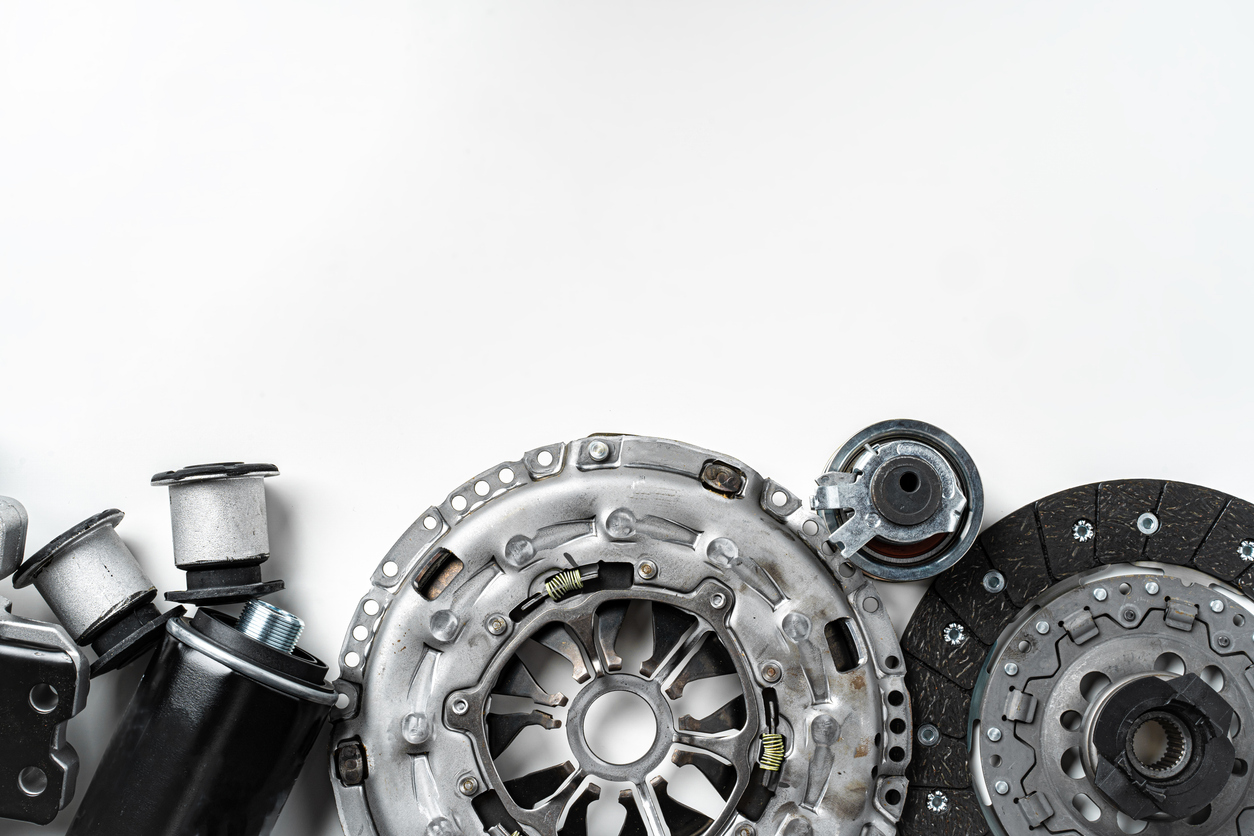How to Install Inverter at Home or Office in Nigeria
How to Install Inverter at Home or Office in Nigeria
The world today is driven by electronics. Our homes, offices, and even our factories are filled with electronics. Electronics help us in our day-to-day activities and makes our work easier. But what makes electronics such an important part of our lives is their ability to perform a specific task repeatedly without fail. A variety of electronics are used in almost every household or office setting. From televisions and computers to home security systems and lighting, electronics play an important role in how we live on a daily basis. Similar to other methods of powering electrical devices, there are different types of inverters suitable for different applications. An inverter is essentially a device that converts one type of electric current into another voltage at a separate frequency. For example, you may have noticed we use alternating current for most electronic devices—even the light bulbs in your home have a filament that’s powered by AC current rather than direct current from batteries (DC).
What You Will Learn
– How inverters work in simple terms- Different types of inverters suitable for different applications- How to install an inverter at home or office- Things to consider before installing an inverter
Pre-installation Checklist
– You have a reliable power source- You have adequate space for installation- You have the right electrical configuration
Equipment and Tools Required
– Digital multimeter- Power source tester- Voltage and current transformer- Safety gloves- Wrench or pliers- Wire cutters/strippers – Electrical tape
Installing an Inverter – Step by Step Guide
– Choose an appropriate inverter- Select a suitable mounting location- Identify the AC input and output terminals- Turn off the main circuit breaker- Make the necessary electrical connections- Turn on the main circuit breaker
Conclusion
The world has become a fully dependent society, with people depending on electronic devices to perform many tasks. To make sure that these devices operate properly, users need to install an inverter to ensure power supply is normal. An inverter is a device that converts one type of electric current into another voltage at a separate frequency. Inverters are commonly used in remote places where the power supply is either not available or unstable. With high voltage DC motors, it is easy to use inverters for running large machines.








LEAVE A COMMENT
You must be logged in to post a comment.